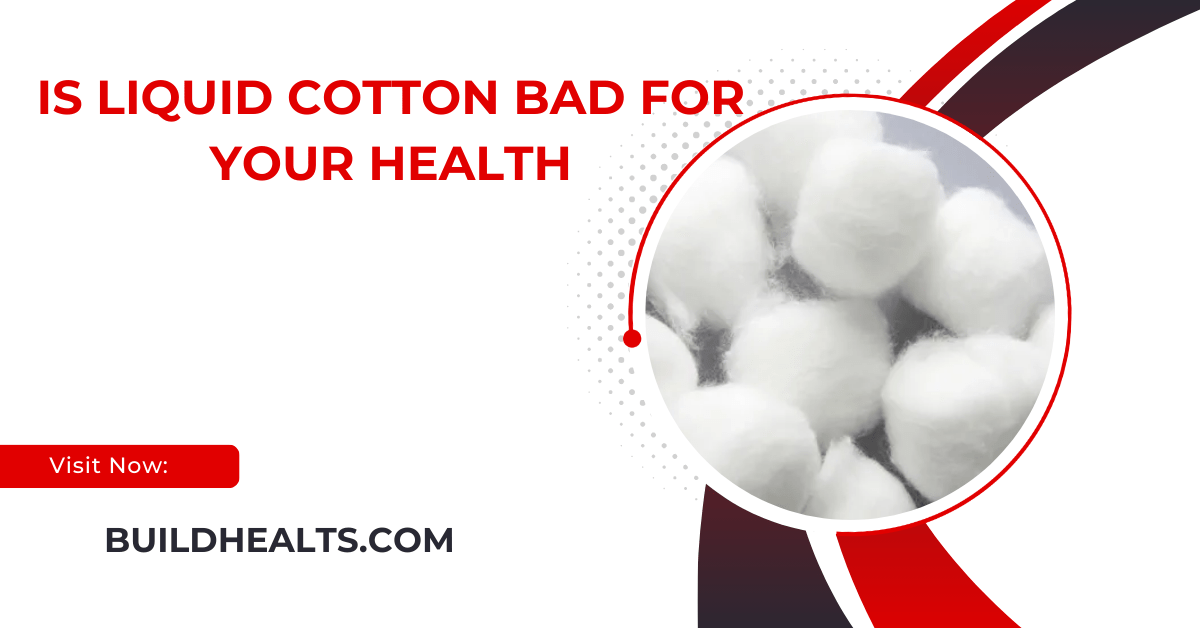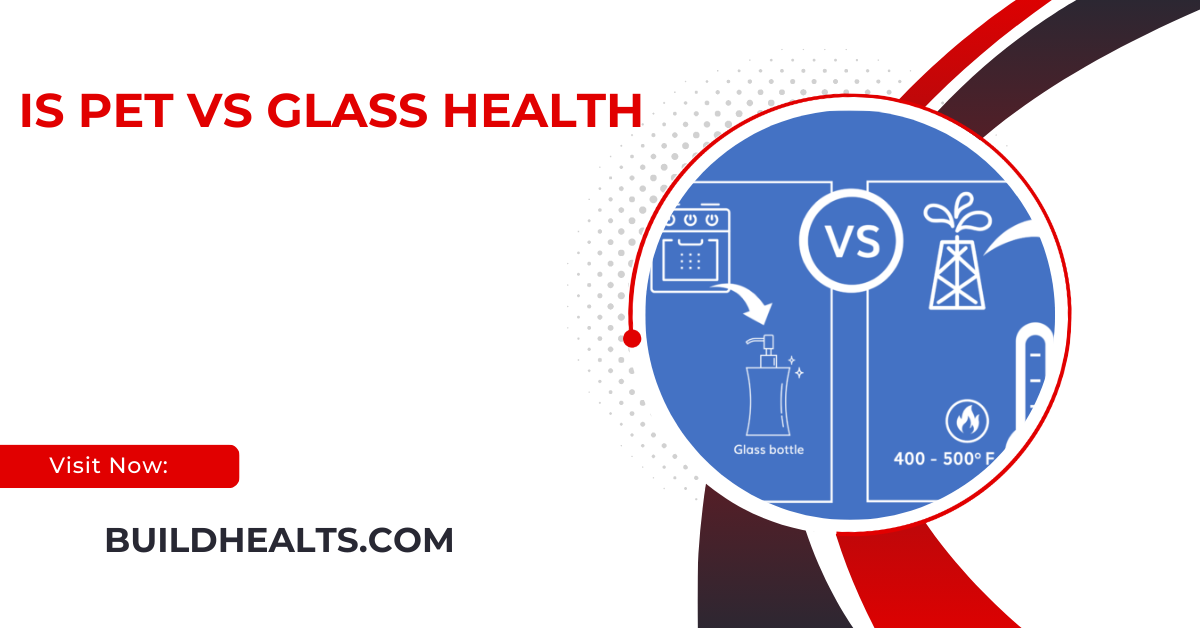Liquid cotton, known for its softness and durability, is generally safe for use. However, it may cause skin reactions in sensitive individuals due to the chemical treatments involved.
Liquid cotton is a term used to describe a unique manufacturing process that produces a soft, silky fabric, often used in bedding and clothing. It has become increasingly popular due to its comfort and luxury feel. But as with any material that comes into contact with our skin, it’s important to ask whether liquid cotton is safe or poses any health risks.
In this article, we will explore what liquid cotton is, its potential health impacts, and whether it is a good choice for everyday use.
What Is Liquid Cotton?
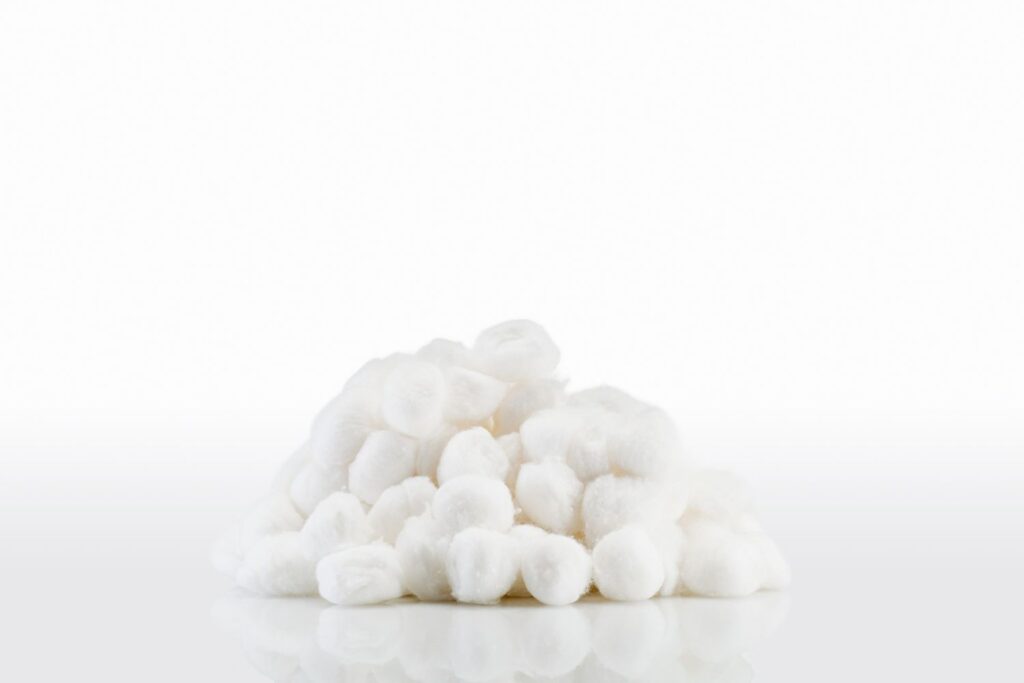
The Basics of Liquid Cotton:
Liquid cotton refers to a special type of cotton that has undergone a unique manufacturing process. In this process, the cotton fibers are treated and finished to enhance softness, creating a fabric that feels smoother than regular cotton. The term “liquid” in liquid cotton refers to this soft, silky texture, as the fabric is designed to flow like liquid.
How Is It Made?
The production of liquid cotton involves using high-quality cotton fibers, which are combed to remove impurities and shorter threads. This results in longer, stronger fibers that contribute to the fabric’s durability. The cotton is then treated with special finishing techniques to create a luxurious feel.
Also read: Is PET vs Glass Health – Understanding the Differences!
Where Is Liquid Cotton Used?
Liquid cotton is commonly used in:
- Bedding: Sheets, pillowcases, and comforters
- Clothing: High-end shirts and dresses
- Home textiles: Towels and bathrobes
Its popularity stems from its softness, making it a preferred choice for items that come into direct contact with the skin.
The Health Concerns of Liquid Cotton:
Is Liquid Cotton Bad for Your Health?
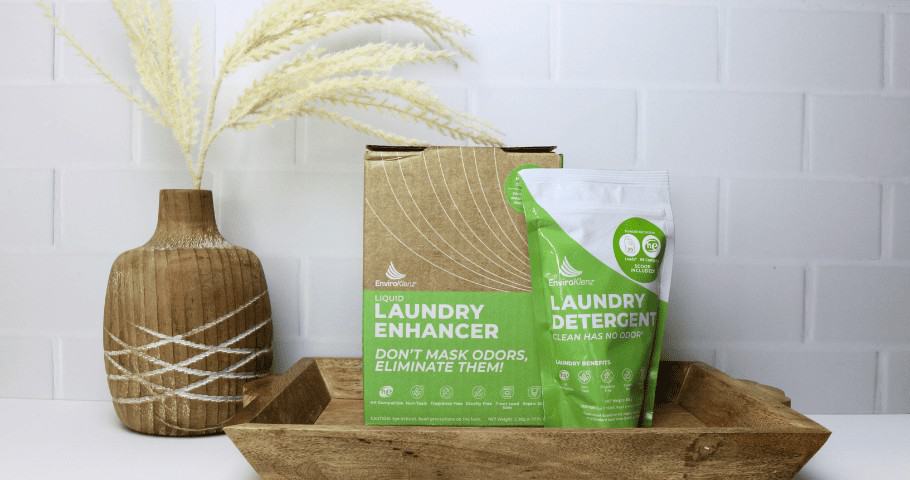
One of the main questions people ask about liquid cotton is whether it poses any health risks. The good news is that, in general, liquid cotton is considered safe for use. However, like with any fabric, there are some potential health considerations to keep in mind.
Allergic Reactions to Liquid Cotton:
While cotton itself is a natural fiber and generally hypoallergenic, some people may experience allergic reactions to the chemicals used in the liquid cotton finishing process. These chemicals are applied to improve the softness and durability of the fabric, but they can sometimes cause skin irritation, particularly in individuals with sensitive skin.
Common Symptoms of Allergic Reactions:
- Redness or rash
- Itching or discomfort
- Dry or flaky skin
If you experience any of these symptoms after using products made from liquid cotton, it’s a good idea to switch to untreated cotton fabrics or consult a dermatologist.
Chemical Treatments and Safety:
Liquid cotton often undergoes chemical treatments to achieve its signature softness and sheen. Some of these chemicals may include formaldehyde or other finishing agents that can cause irritation or allergic reactions in sensitive individuals.
Also read: Magnesium Rods Health Hazards List – What You Need to Know!
Potential Health Risks of Chemical Treatments:
- Formaldehyde exposure: Prolonged exposure to formaldehyde can cause respiratory problems, skin irritation, and other health concerns.
- Residual chemicals: Some fabrics may retain residues from chemical treatments, which could cause skin issues or respiratory discomfort.
While these risks are relatively low for most users, those with chemical sensitivities or allergies should be cautious and check product labels for any information on chemical treatments used.
Environmental Concerns and Health Impacts:
The environmental impact of producing liquid cotton is another factor that could indirectly affect health. The use of chemicals and water in cotton production and processing can lead to pollution and contamination of water supplies, potentially harming local communities and ecosystems.
The Role of Sustainable Cotton Production:
Sustainably sourced and organically produced cotton reduces the risk of harmful chemicals being used in the manufacturing process. Choosing liquid cotton products that are certified organic or labeled as free from harmful chemicals can help mitigate potential health risks and environmental damage.
Benefits of Liquid Cotton:
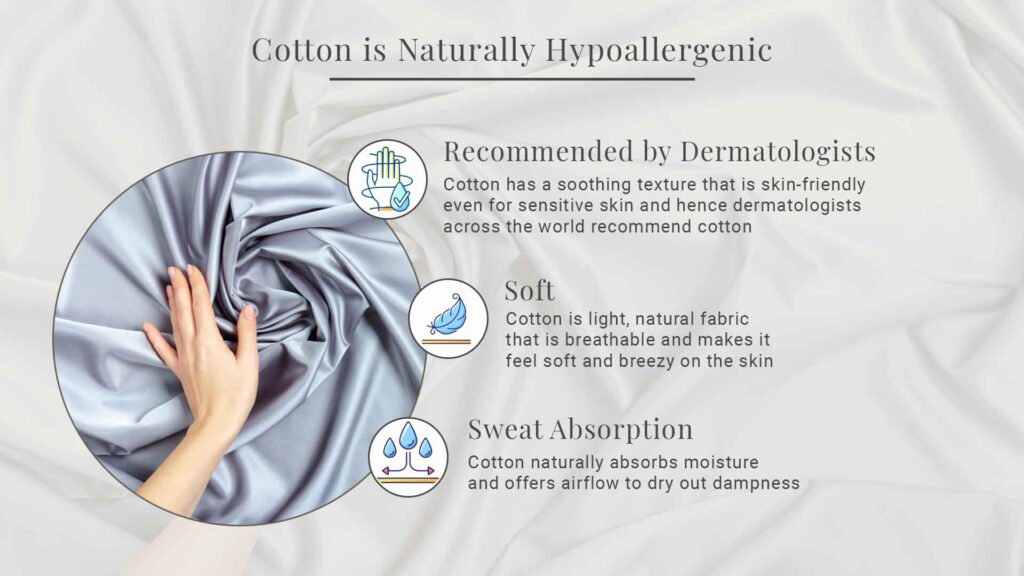
- Softness and Comfort: The primary advantage of liquid cotton is its softness. It provides a luxurious, silky texture that enhances comfort, especially in bedding and clothing. For people with sensitive skin, this smooth texture can feel less abrasive compared to other fabrics.
- Durability and Longevity: Liquid cotton is known for its strength and durability. Unlike other fabrics that may wear down or lose their softness after repeated washes, liquid cotton tends to maintain its texture over time, making it a long-lasting option for home textiles and clothing.
- Hypoallergenic Properties (When Untreated): When not treated with harsh chemicals, cotton, in general, is hypoallergenic and less likely to cause skin reactions. For individuals with sensitive skin, choosing organic liquid cotton or untreated options can be a safer alternative.
How to Choose Safe Liquid Cotton Products:
When it comes to choosing safe liquid cotton products, it’s important to consider a few factors. Liquid cotton is often used in textiles, and selecting the right one can protect your health and ensure the best quality. Here’s a guide to help you make a safe choice.
Check for Certifications:
Look for certifications that ensure safety and quality. Some of the common certifications are:
- OEKO-TEX Standard 100: This certification ensures that no harmful chemicals are used in the production of the fabric.
- Global Organic Textile Standard (GOTS): This certification indicates that the product is organic and environmentally friendly.
Certifications provide reassurance that the liquid cotton has been tested for safety.
Read the Label for Ingredients:
Always read the label for any mention of chemicals or harmful substances like formaldehyde, which can cause irritation. If the product mentions “organic” or “natural” cotton, confirm this with the certifications listed above. Some labels might list:
- Toxins and Chemicals: Avoid products containing toxic chemicals like heavy metals, formaldehyde, and other harmful substances.
- Bleaching Agents: Opt for products that avoid harsh bleaching agents, which can be dangerous for your skin and health.
Look for Natural Dyes:
If the liquid cotton product is colored, make sure that it uses natural dyes. Synthetic dyes can sometimes contain harmful chemicals, leading to skin reactions or health problems.
Choose Hypoallergenic Options:
If you have sensitive skin, choosing hypoallergenic liquid cotton products is crucial. These are free from common irritants and are gentle on the skin. Products labeled as hypoallergenic are less likely to cause allergies or rashes.
Research the Brand:
Check the brand’s reputation. Some brands are known for being eco-friendly and safe. Look for brands that prioritize safety, sustainability, and health in their production processes.
Consider Environmental Impact:
Eco-friendly liquid cotton products are not only safer for your health but also better for the environment. Look for products made using sustainable practices and materials, which reduce the use of harmful chemicals.
Alternatives to Liquid Cotton:
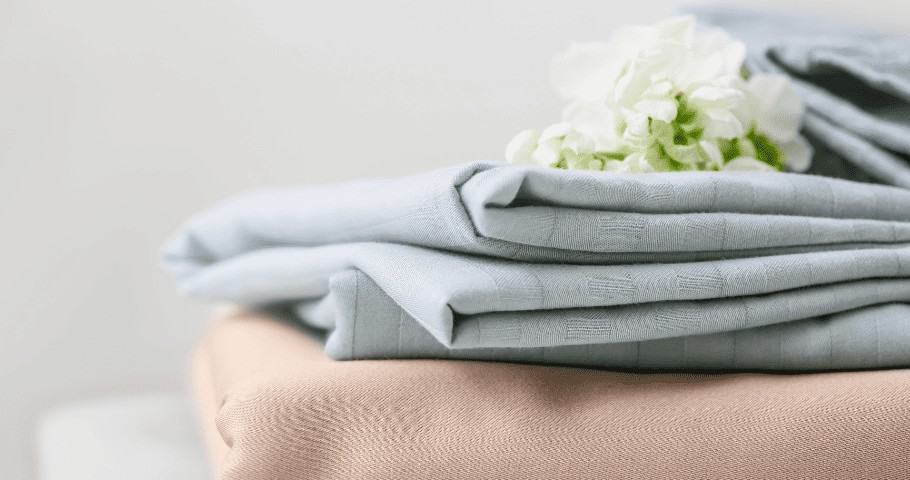
- Organic Cotton: If you’re concerned about the potential health risks of liquid cotton, organic cotton is a great alternative. It’s produced without synthetic chemicals, pesticides, or fertilizers, making it a safer and more environmentally friendly choice.
- Bamboo Fabric: Bamboo fabric is another alternative that’s growing in popularity. It’s soft, breathable, and hypoallergenic, making it a good choice for people with sensitive skin. Bamboo is also a more sustainable option due to its fast-growing nature and low environmental impact.
- Linen: Linen is a natural fiber made from flax plants, known for its durability and breathability. It’s a great option for bedding and clothing, especially in warmer climates, as it helps regulate body temperature.
FAQ’s
1. What is liquid cotton?
Liquid cotton is a type of fabric made using a special manufacturing process to enhance softness and create a silky texture.
2. Is liquid cotton safe for sensitive skin?
Generally, yes, but individuals with sensitive skin may experience irritation from chemicals used in its finishing process.
3. Does liquid cotton contain harmful chemicals?
Some liquid cotton fabrics may be treated with chemicals like formaldehyde, which could cause reactions in sensitive individuals.
4. What are alternatives to liquid cotton?
Alternatives include organic cotton, bamboo fabric, and linen, which are natural and often hypoallergenic.
5. How can I choose safe liquid cotton products?
Look for certifications like OEKO-TEX or GOTS, read labels for harmful chemicals, and choose hypoallergenic or organic options.
Conclusion
In conclusion, liquid cotton is generally safe for most people due to its softness and durability. However, sensitive individuals may experience skin reactions due to the chemical treatments involved in its manufacturing process. Opting for certified organic or untreated cotton can minimize potential health risks.

